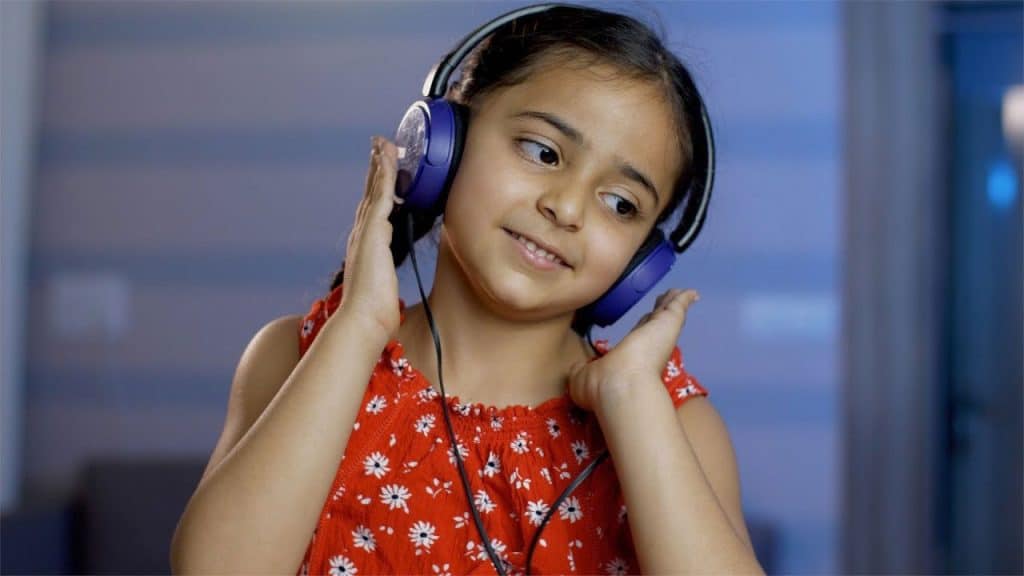We’re becoming more and more aware of the wide-ranging potential benefits of music therapy. It’s used to help people sleep and to improve the effectiveness of medication. It’s also used as a communication aid for those with language difficulties, from children with developmental delays to adults with dementia. A new study highlights just how helpful it can be (https://longevity.technology/lifestyle/harmonizing-minds-how-musical-rhythms-boost-language-processing-in-children-with-developmental-language-disorder/).
The study was conducted by researchers from Western Sydney University, in Australia, but it took place at the Lyon Neuroscience Research Center in France. The 33 children who participated were all French speakers between five and 13, but 15 of them had developmental language disorder (DLD).
Developmental language disorder, as you might have guessed from the name, impacts a child’s ability to speak or understand language. They may mix up words or find it difficult to complete a sentence. This can make it hard for them to express how they think or feel, to hold a full conversation or tell a complete story. They could also struggle to understand what you tell them or follow instructions. Severity can vary, but it can generally be identified by the time the child starts school. That’s unless it’s confused with other, separate disorders that impact speech and communication, like autism.
In the study, researchers played 30-second bursts of music containing regular or irregular rhythms. Regular rhythms were in 4/4 and had 120 beats per minute, while irregular rhythms were randomly scrambled. After they’d heard the music, the children were given six sentences and asked to repeat them. Whether or not they had DLD, the participants repeated the phrases more accurately if they’d listened to regular rhythms than they did after the irregular beats.
Speech and language difficulties don’t just affect how we listen and talk. They impact overall academic performance and can make it harder to make friends or sustain relationships. It can be an isolating experience with a negative impact on mental health. That’s why finding ways to help these children communicate is so vital. Music may be a powerful tool to enable children with DLD to better connect with the rest of the world.
Music is hugely valuable not just for its impact on creativity and ability to improve our mood, but also for how it boosts cognitive performance and memory. The study suggests all children should have regular access to music.




